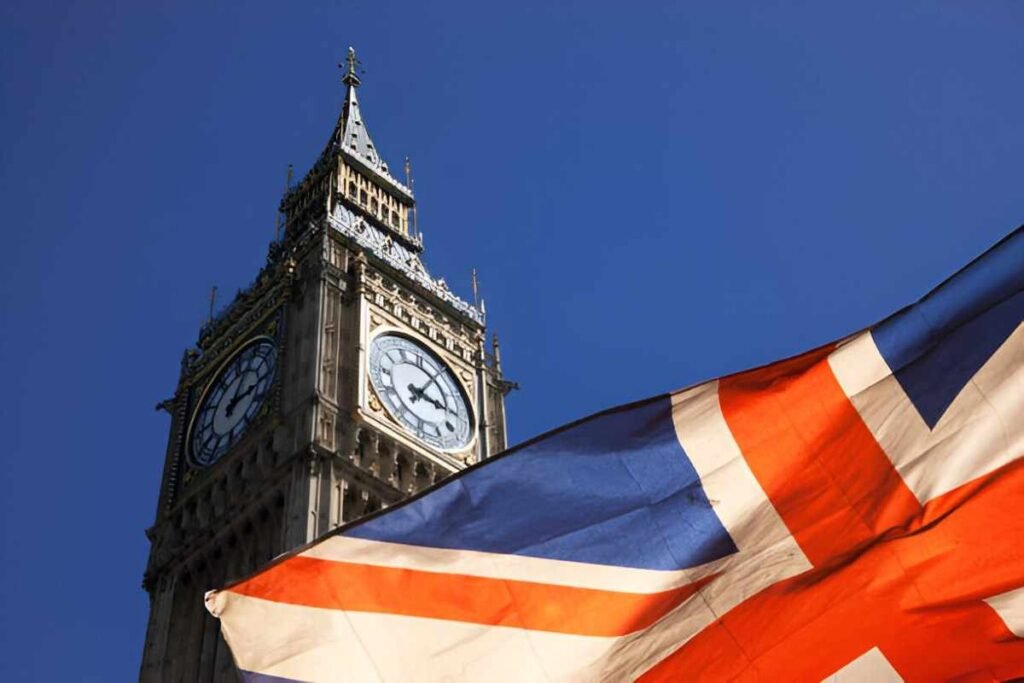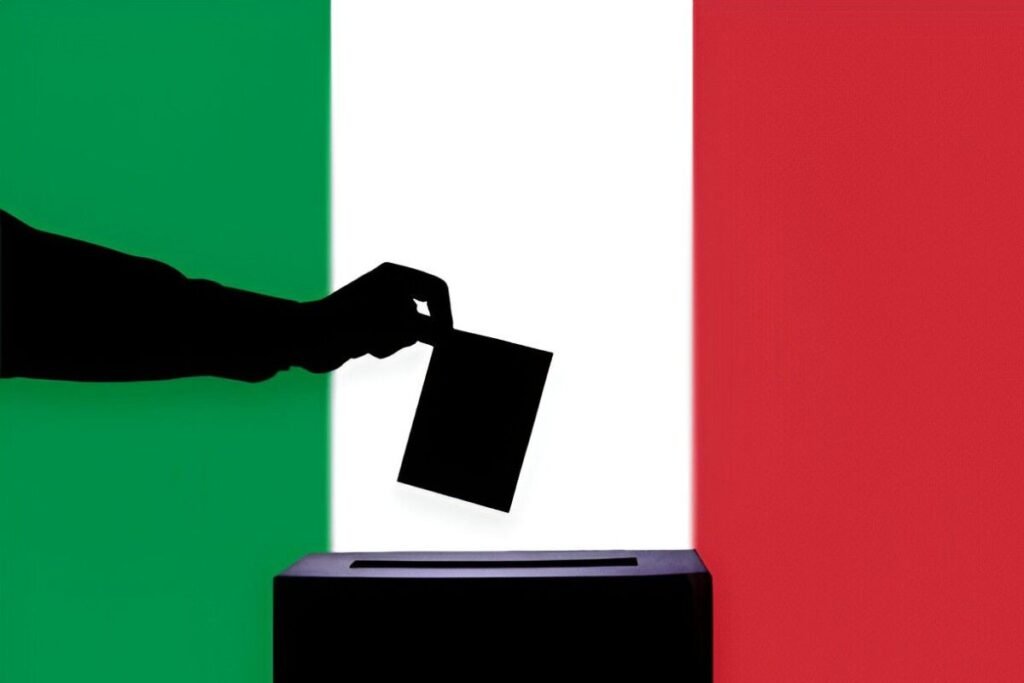As I explore France’s political scene, I see an intricate tapestry woven over centuries of revolution, reform, and resilience. France is defined by diverse ideologies that cause passionate arguments; therefore, it’s crucial that we explore France’s major parties, such as La Republique En Marche! (LREM), Republicans (LR), Socialist Party (PS), National Rally (RN), and La France Insoumise (LFI) to gain a full perspective. Each offers its distinctive vision for its nation’s future that represents its historical values and goals while providing a unique vision based upon historical values and goals that reflect history, values, goals, and history itself – each party presents its unique version.
Table of Contents
La République En Marche! (LREM)
· Historical Context
La Republique En Marche! (LREM), was established by former investment banker and Minister of Economy Emmanuel Macron as an alternative centrist political force within French politics. Macron won his presidential election, rapidly solidifying LREM into one of France’s major political forces.
· Core Ideologies
LREM’s ideology centers around progressive European Union policies that advocate economic liberalism while emphasizing structural reforms to boost growth and competitiveness – this may include labor market reforms, cutting public sector deficits, and encouraging innovation and entrepreneurship.
LREM takes an openly liberal position regarding social issues, supporting gender equality, LGBTQ+ rights, and progressive social policies. Additionally, they stress the significance of environmental sustainability through renewable energy promotion and measures taken against climate change.
LREM takes an avidly pro-EU position. They believe France’s future lies within an integrated and cohesive European Union, advocating for more profound economic, security, and environmental cooperation.
· Criticisms and Challenges
LREM faces several criticisms and challenges. Critics note its policies often favor wealthy or corporate interests over social ones, exacerbating inequality. Furthermore, due to its rapid ascension and centrist positioning, it has also drawn allegations of being ideologically vague, making policy direction unclear and resistance from Eurosceptic factions within France to LREM’s pro-European stand.
The Republicans (LR)
· Historical Context
The Republicans (LR), previously known as the Union for a Popular Movement (UMP), was formed in 2002 and plays an essential role in French center-right politics, having its origins traced to Charles de Gaulle’s Gaullist tradition. Since its creation, several notable leaders, such as Nicolas Sarkozy (whose presidency extended from 2007-2012), have emerged within its ranks, such as former French President Francois Hollande, who served between 2003 and 2013.
· Core Ideologies
Core Ideologies LR’s ideology revolves around conservatism, economic liberalism, and national sovereignty. Their campaign favors free-market policies such as tax cuts and deregulation that reduce public spending while encouraging private enterprise and individual initiative for economic growth.
Socially, LR tends to support conservative positions that emphasize traditional family values, law and order, and national identity. They favor stricter immigration controls to integrate immigrants into French society while upholding French cultural heritage.
Foreign policy-wise, LR supports Europe but prefers an intergovernmental approach, prioritizing national sovereignty over excessive centralization in Brussels.
· Criticisms and Challenges
Critics contend that Liberal Republic economic policies lead to greater inequality while neglecting social welfare, drawing criticism from more progressive segments of society who view their conservative social stance with disfavor. Furthermore, their party faces difficulty differentiating itself from the National Rally on issues related to immigration and national identity.
The Socialist Party (PS)
· Historical Context
Since 1969, the Socialist Party (PS), established in 1969, has been an indispensable pillar of France’s left. Under Francois Mitterrand and Lionel Jospin’s leadership, it achieved significant victories during the 1980s and 90s, yet since these successes, it has experienced declining support and internal disunity.
· Core Ideologies
PS’s ideology is founded on social democracy, advocating for justice, equality, and solidarity. PS stands behind strong welfare states with progressive taxation policies and public investments into education, healthcare services, and other areas such as social services – helping reduce economic inequalities through redistributive policies while protecting workers’ rights.
PS is open to social issues, supporting LGBTQ+ rights, gender equality, and anti-discrimination initiatives. Furthermore, PS emphasizes environmental sustainability by advocating policies against climate change.
Regarding European integration, PS strongly supports further cooperation and solidarity between member states, viewing it as central in driving social and economic cohesion across Europe.
· Criticisms and Challenges
Critics argue that PS policies could result in excessive government intervention, high taxes, and reduced economic growth. Furthermore, under Francois Hollande’s presidency, they saw high unemployment, slow economic expansion, internal divisions, and new leftist movements that further diminished PS’s power and influence in recent years.
National Rally (RN).
· Historical Context
National Rally (RN), the National Front (FN), was established by Jean-Marie Le Pen in 1972 as an alternative political party of far-right nationalism. Under Marine Le Pen’s leadership, however, their focus shifted toward economic nationalism and social conservatism – thus changing their reputation considerably over time.
· Core Ideologies
Core Ideologies RN’s ideology centers around nationalism, economic protectionism, and social conservatism. Their main principles center around strict immigration controls to favor French nationals in social and economic policies while protecting French cultural identity. Furthermore, RN supports law and order policies to maintain an adequate state.
Economically, RN supports protectionist policies opposing globalization and free trade agreements, believing in safeguarding French industries against foreign competition while advocating for economic sovereignty.
On a European front, RN criticizes the EU for infringing upon national sovereignty and forcing austerity measures upon member states. They advocate a return to national currencies and greater autonomy among member states.
· Criticisms and Challenges
Critics claim RN policies can be divisive and distorting, fomenting social tensions and discrimination. Furthermore, economic protectionism was seen by critics as impractical and potentially damaging France’s financial interests; additionally, their Euroscepticism provoked strong resistance from pro-European segments of society.
La France Insoumise (LFI).
· Historical Context
La France Insoumise (LFI), or France Unbowed, was formed in 2016 by Jean-Luc Melenchon as an extreme leftist political party that advocates for radical transformations to French society and economy. LFI made waves in the 2017 presidential elections when Melenchon finished fourth with 40% support among voters for LFI candidates.
· Core Ideologies
LFI’s ideology centers on democratic socialism, anti-capitalism, and environmental sustainability. Their proposals call for comprehensive welfare states with progressive taxation systems and public ownership of critical industries; they also support wealth redistribution programs with solid labor protections.
Socially, LFI takes a progressive stance by supporting LGBTQ+ rights, gender equality, and anti-discrimination initiatives. They also emphasize environmental sustainability by pushing for measures like Green New Deals to combat climate change.
LFI takes an anti-EU stance and believes its policies prioritize neoliberalism over social justice and democracy. They advocate the renegotiation of EU treaties, so they focus on environmental goals instead of austerity measures enforced by Brussels.
· Criticisms and Challenges
Critics contend that LFI policies can be unrealistic and economically disruptive, suggesting extensive government intervention could stifle economic growth and innovation, with pro-European segments of society rejecting calls to renegotiate EU treaties renegotiated by LFI.
Conclusion
France is home to various political parties with distinct ideologies and visions for its future, each offering their perspective of where France should head next. La Republique En Marche! (LREM), representing centrist, pro-European values, while The Republicans advocate conservatism and economic liberalism; on the other side is National Rally, which promotes nationalism and protectionism, while La France Insoumise champions democratic socialism with environmental sustainability goals as their platform – this makes its political landscape even more diverse and dynamic than before!
Understanding these parties and ideologies enables us to navigate the political arena more efficiently, encouraging us to think carefully about our decisions and the vision for our nation’s future. Voters possess immense power over this future by engaging with these ideas and making educated votes at polling stations.
At a time of rapid political transformation, our choices count. By understanding the ideologies of major political parties, we can participate in democratic processes with greater clarity and participation while contributing towards building an idealized vision of tomorrow that aligns with our beliefs and hopes.





